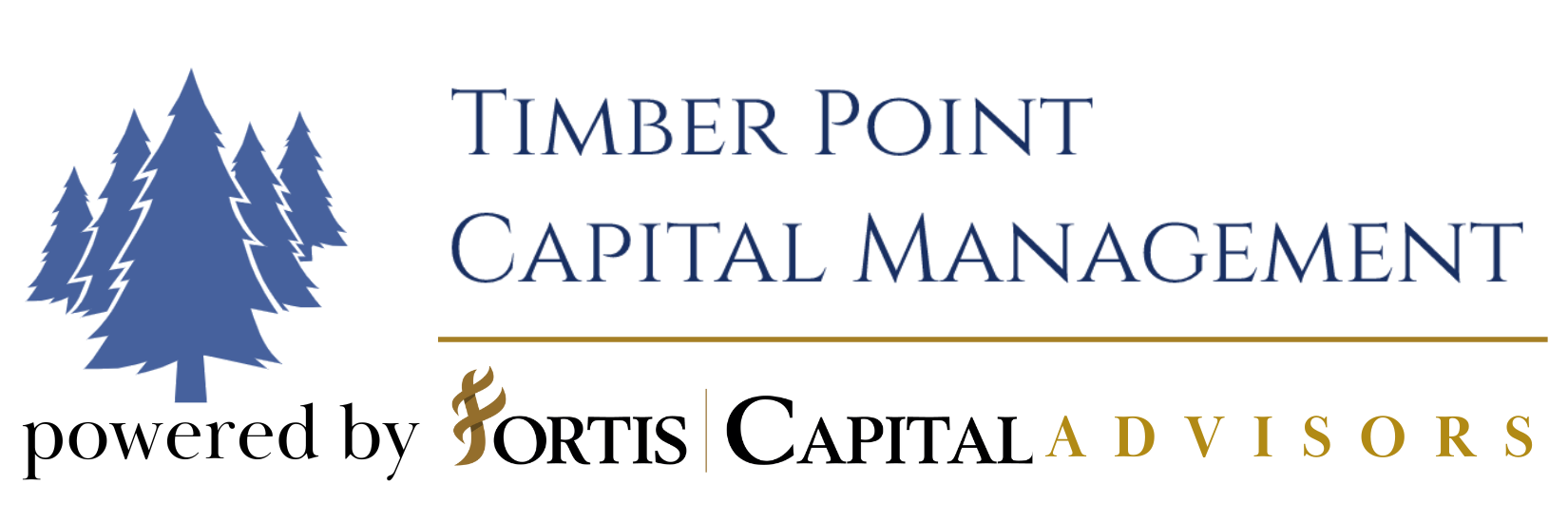Despite fears over declining economic growth, a multitude of trade war scares and endless political bickering, 2019 has proven to be a terrific year for investors as the US stock market posted its highest returns since 2013. And it wasn’t just US equities; bonds, non-US stocks, gold, etc. all posted extraordinary returns at lower and lower levels of risk. Risk adjusted returns were off the charts. To quote Frank Sinatra, it was a very good year.
One year ago, Deutsche Bank, somewhat famously produced a research report indicating that of the 70 global asset classes (stocks, bonds, commodities, currencies) which DB follows, 63 posted negative returns proving that 2018 was the most challenging year for investors in the 118 year history of the study. There were very few places to hide and investor results were generally negative across the board.
What a difference a year makes. In our humble opinion 2019 asset class returns were justified by a conflation of low base valuations, continued strong economic execution in the United States, global central banks which flipped the switch from tightening monetary policies to accommodative monetary policies and a diminution of fiscal policy risks, notably and most importantly US – China trade policy risk. There was also a resolution of the Brexit issue in the United Kingdom and more business-friendly fiscal policies enacted in several emerging market countries. Despite ever pending risks, market participants sniffed out this improved fundamental environment and bid up asset prices, across the economic spectrum.
So, 2019 was terrific indeed. Yet now, investors all around the world are now asking themselves, “Can this continue?”
Overall, Crow Point Partners has been optimistic on the economy and its investment implications. We have long argued that economic growth is the key and that investors need to emphasize that variable over virtually all others when evaluating investment opportunities. Going into 2020 our framework remains reasonably optimistic when we evaluate the spectrum of economic and investment variables which drive our viewpoint on the overall risk-taking environment.
Skeptics will argue that much of the current environment is driven by a debt fueled “sugar high” which to a certain degree is true. Indeed, global debt levels have increased sharply on the back of accommodative central bank policy resulting in low to negative interest rates around the world. By which, governments, corporations and individuals can borrow money at very low levels of debt service.
The global economy, however, has benefited, over this period, as nominal global economic growth has increased commensurate with the increase in global debt through which emerging markets having seen the greatest increase in overall economic activity. Although debt levels have increased, debt service loads have fallen as lower interest rates make the debt easier to manage. As mentioned above, credit conditions and the ability to borrow at low levels of interest rates have been a meaningful positive contributor to the constructive economic backdrop which we’ve experienced. Again, growth is the key. If policies, both monetary and fiscal, lead to an environment of easy credit conditions and subsequent economic growth, investors should remain sanguine on the forward-looking outlook. If growth slows, where debt becomes more difficult to service then economies and markets will struggle.
Given our reasonably positive viewpoint on fundamental economic variables we additionally remain generally optimistic on investment opportunities, as well. We fully recognize, however, that 2019 was an extraordinary year for investors and is unlikely to repeat itself fully in 2020. Particularly for bond investors. While it is easy to become bedazzled by the 30% return in the S&P 500 this year, it has been the bond market which truly surprised investors, posting extraordinary returns, particularly in risk adjusted terms. As we have indicated in the past, it is the bond market where we believe investors need to meaningfully adjust their expectations for forward returns. In 2019 the Barclays Aggregate index posted roughly a 9% return and long maturity US Treasuries posted a 15% return. In as much as we are not forecasting a bond market “crash”, the fixed income returns which we experienced over the past twelve months are unlikely to repeat in 2020. Correspondingly, we believe investors should proceed with caution in the bond market mitigating interest rate risk and keeping bond portfolios at relatively short duration profiles. Opportunities in corporate credit related investments should outperform if economic activity remains relatively strong.
When looking at global equity markets the opportunity set remains quite disparate. US stocks remain rich on a relative basis, yet the domestic fundamental outlook is among the world’s best and the most visible. Politics will likely grab the headlines in the US this year and cause bouts of investor anxiety and volatility. Yet, in the absence of a true political shock and a dramatic change from the current constructive fiscal policy framework, the US economy will likely to continue its strong growth and investment opportunities should continue to be robust. International markets generally remain “cheap” relative to the US, but some would argue for good reason. Generally speaking, the policy mix overseas is a mishmash of tight fiscal constraint couple with robust monetary stimulus. Money is cheap but incentives are weak. Correspondingly, economic execution has been poor, particularly in developed markets. Emerging market equity markets are more fragile often plagued by extreme political or policy risk which inhibits EM equities from realizing their full potential.
IMPORTANT DISCLOSURES
The information in this report was prepared by Timber Point Capital Management, LLC. Opinions represent TPCM’ and IPIS’ opinion as of the date of this report and are for general information purposes only and are not intended to predict or guarantee the future performance of any individual security, market sector or the markets generally. IPI does not undertake to advise you of any change in its opinions or the information contained in this report. The information contained herein constitutes general information and is not directed to, designed for, or individually tailored to, any particular investor or potential investor.
This report is not intended to be a client-specific suitability analysis or recommendation, an offer to participate in any investment, or a recommendation to buy, hold or sell securities. Do not use this report as the sole basis for investment decisions. Do not select an asset class or investment product based on performance alone. Consider all relevant information, including your existing portfolio, investment objectives, risk tolerance, liquidity needs and investment time horizon.
This communication is provided for informational purposes only and is not an offer, recommendation, or solicitation to buy or sell any security or other investment. This communication does not constitute, nor should it be regarded as, investment research or a research report, a securities or investment recommendation, nor does it provide information reasonably sufficient upon which to base an investment decision. Additional analysis of your or your client’s specific parameters would be required to make an investment decision. This communication is not based on the investment objectives, strategies, goals, financial circumstances, needs or risk tolerance of any client or portfolio and is not presented as suitable to any other particular client or portfolio. Securities and investment advice offered through Investment Planners, Inc. (Member FINRA/SIPC) and IPI Wealth Management, Inc., 226 W. Eldorado Street, Decatur, IL 62522. 217-425-6340.



Recent Comments